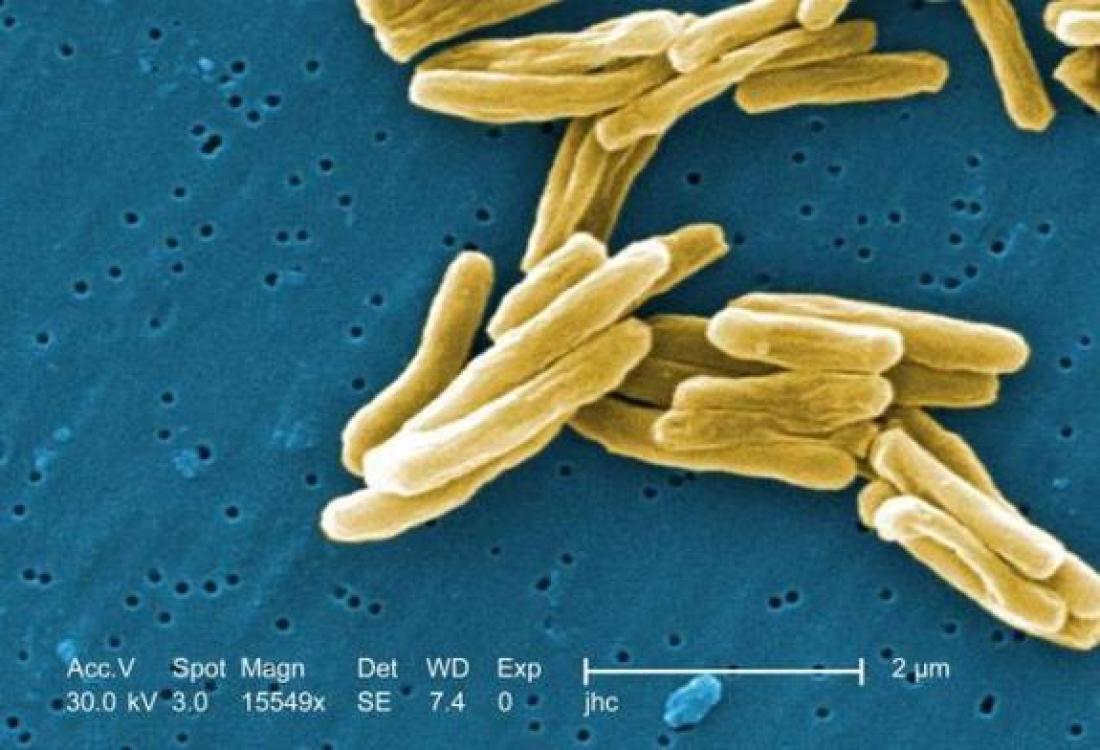The whole-genome sequencing of Mycobacterium tuberculosis strains from diverse global regions is reported in four independent studies published this week in Nature Genetics. These studies provide insights into the emergence of drug resistance in tuberculosis epidemics and suggest targets for resistance testing and drug development.
Maha Farhat and colleagues report whole-genome sequencing and analysis of 123 M. tuberculosis strains from a global collection representing each of the six major lineages as well as a range of drug resistance phenotypes. They develop a new method that draws on evolutionary relationships between strains to search for resistance markers in microbial genomes and identify 39 new candidate drug resistance regions in the M. tuberculosis genome. In a second study, Lijun Bi and colleagues report whole-genome sequencing of 161 M. tuberculosis strains from China, and identify a list of candidate regions associated with drug resistance.
In another study, David Alland and colleagues report genome sequencing of M. tuberculosis strains treated in vitro with ethambutol, a first-line tuberculosis drug, and show the relevance of their findings in 63 clinical isolates. Their functional studies provide support for a multi-step model for the acquisition of ethambutol resistance that includes interactions between mutations in several genes.
Lastly, Iñaki Comas and colleagues report an analysis of 259 M. tuberculosis complex (MTBC) genome sequences, providing insights into genetic diversity and the evolution of this pathogen along with their human hosts. Their analysis supports a model for the emergence of MTBC about 70 thousand years ago in Africa and its spread accompanying human migration out of Africa.
CONTACT
Iñaki Comas (Centre for Public Health Research, Valencia, Spain) Author paper [1]
Tel: +34 961925959; E-mail: [email protected]
Maha Farhat (Massachusetts General Hospital, Boston, MA, USA) Author paper [2]
Tel: +1 617 432 2565; E-mail: [email protected]
Lijun Bi (Chinese Academy of Sciences, Beijing, China) Author paper [3]
Tel: +86 10 64888464; E-mail: [email protected]
David Alland (New Jersey Medical School Medicine, Newark, NJ USA) Author paper [4]
Tel: +1 973 972 2179; E-mail: [email protected]



